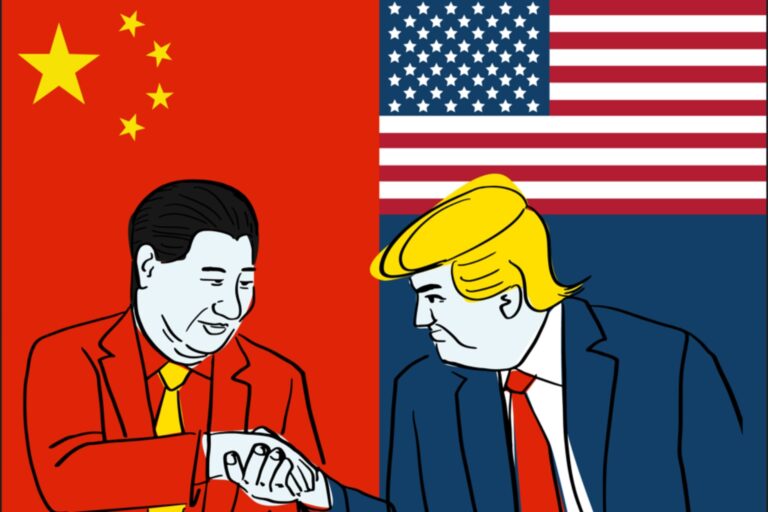The SAIS Review’s Editor-in-Chief, Joshua Grundleger, and Senior Editor, Sean Creehan, chatted with former National Security Advisor Zbigniew Brzezinski about his new book, Strategic Vision, and some of the most pressing issues—American decline, Iran, and China—facing today’s policy-makers.
SAIS Review: What do you envision will be the impact of the domestic political partisanship in the United States on U.S. foreign policy over the next decade?
Zbigniew Brzezinski: Unless we overcome the currently paralyzing divisions within our own society, regarding both domestic as well as foreign policy, the United States will find it difficult to set its house in order and to play a constructive world role. It’s as basic as that.
SR: There has been a lot of rhetoric about the threat of Iran acquiring nuclear weapons. What is your opinion on the actual implications of a nuclear-armed Iran? How should the United States, in your opinion, deal with this?

ZB:I think that the acquisition of nuclear weapons by Iran would be a destabilizing and serious challenge. At the same, one must not over-dramatize it. There is nothing in Iranian conduct, to suggest that Iran would immediately attempt to commit suicide by launching a nuclear attack on Israel or some other Middle Eastern state. Moreover, experience teaches us that we can deter effectively by making our own position crystal clear: namely, that the United States would view any Iranian threat or use of nuclear weapons, in the region, as a threat directed against the United States. We have adopted such a position regarding Japan and [South] Korea, in response to a potential nuclear threat from North Korea. We avoided a showdown with China when China was acquiring nuclear weapons, and we managed to maintain stable deterrence in our difficult relationship with the Soviet Union. That is a better course to pursue than to start a war, which might be designed to prevent Iran from acquiring nuclear weapons, but which will certainly plunge the region into protracted and unpredictable hostilities.
SR: Do you think the United States will be able to rein-in a potential Israeli strike?
ZB: It should be able to do so, after all Israel is very dependent on American friendship and goodwill, on American financial support for the Israeli society as a whole, and on American generous provision of military assistance to Israel, without which Israel wouldn’t be a serious military power.
SR: China, over the next decade, will become the world’s largest economy but it will also remain poor on a per-capita basis. What, in your opinion, are the implications of this development for China’s role as a great power within the international system? And, more specifically, on the U.S.-China relationship?
ZB: My view is, and I express it at some length in the book, that if the United States declines and ceases to be able to play a preeminent role, the world then, to quote from the book, “will not be Chinese, but chaotic.” In other words, China, while rising very impressively, does not have the capacity at this stage, nor in the near future, to dominate the world. Hence, China would suffer from the disorder that would ensue in the wake of an American paralysis. Without that paralysis, I think the challenge to us and to the Chinese is to be able to manage a relationship of increasing parity—even though it is not yet symmetrical—without sliding into hostility and self-destructive pattern of antagonism.
SR: Do you think that China’s unique economic development—being that it will be a very large economy, if not the largest, but on a per-capita basis poor—will have any implication on how China’s position evolves?
ZB: I think that unless the Chinese were to slide into some irrational nationalism, that the reality that you describe would provide the Chinese with a reason for being cautious and also appreciating the importance of a constructive relationship with the United States—a kind of partnership by understanding and by shared-awareness of mutual interest.
Written by Josh Grundleger and Sean Creehan
Josh Grundleger is currently the Editor-in-Chief of the SAIS Review of International Affairs. He is a second year graduate student at Johns Hopkins University School of Advanced International Studies (SAIS) where he is studying American Foreign Policy, Global Theory and History, and International Economics. He is also an author on FutureChallenges.org.
Sean Creehan is the Senior Editor of the SAIS Review. He will graduate from Johns Hopkins University, SAIS in May 2012 with a concentration in Southeast Asian Studies and International Economics.



